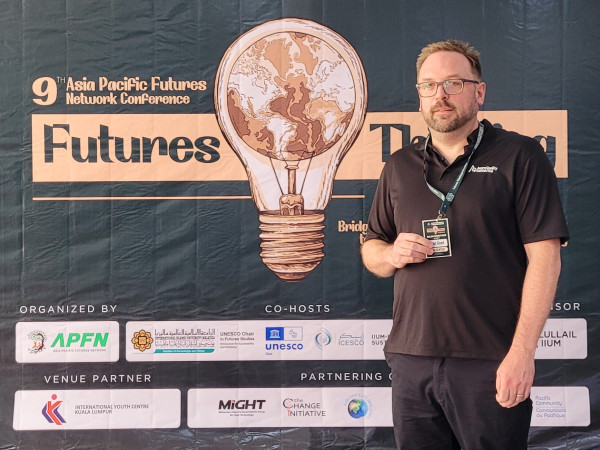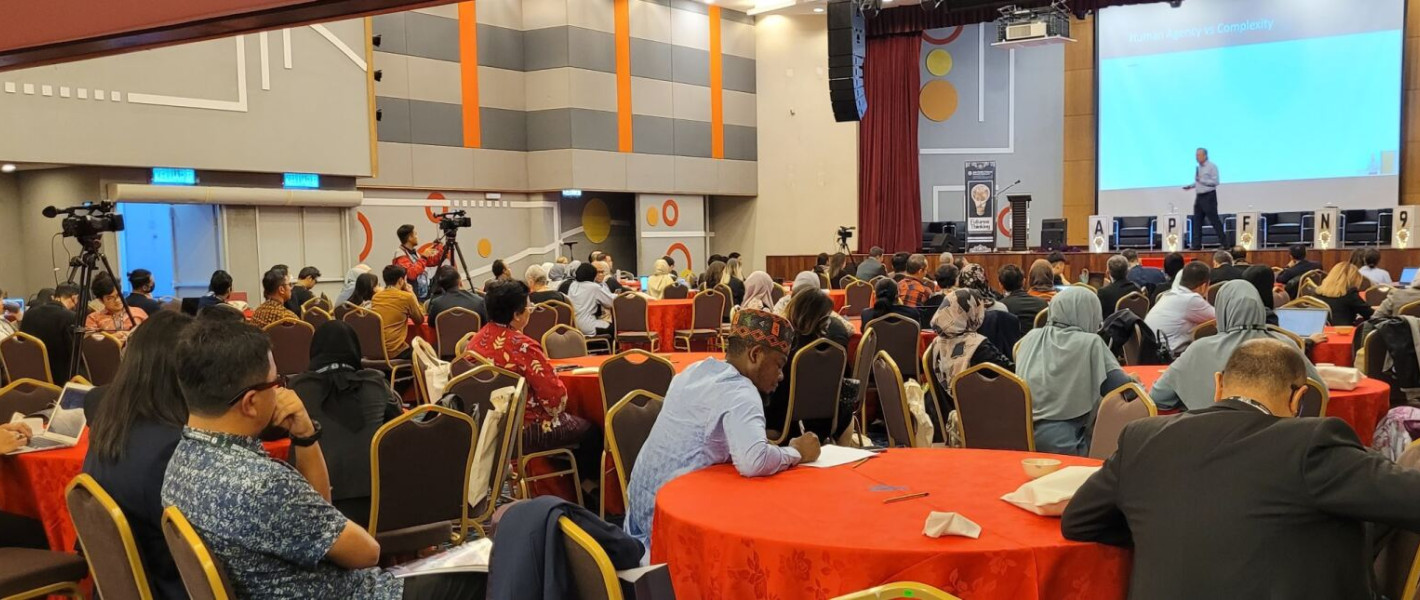Overalls to lab coats: envisaging the future of meat inspection
in Innovation and Insights
Author: AsureQuality
2014
Meat inspection is a core area of AsureQuality’s business, and the company employs approximately 650 inspectors throughout New Zealand to ensure that the meat produced here is safe for consumption and meets export standards.
Traditionally, meat inspections have been designed to answer the question: Is this meat safe to eat? Inspection practices for red meat date back to the 1800s, relying mostly on sight and smell to check for disease or contamination.
These days however consumers want to know more. For example, does this food align with my values, and is this food really what it claims to be?
Matt Scott, Innovation Lead in the Innovation and Insights team at AsureQuality, is involved with the company’s “Future of Meat Inspection” programme of work, which is aimed at ensuring the company is able to meet changing consumer demands, and is making best use of modern tools and technology.
As part of this programme, Matt made use of Futures Thinking to engage with stakeholders and help to inform AsureQuality’s strategic roadmap for the future of meat inspections.
Futures Thinking is a method for exploring possible future scenarios, so that individuals or organisations can make more informed decisions and define courses of action that will help lead to the future they want. Having attended a Futures Thinking masterclass earlier in the year with visiting Professor Sohail Inayatullah, a prominent academic known for his formative work in Futures Studies and Strategic foresight, Matt put his learnings into action at AsureQuality’s Meat Inspection Plant Supervisors conferences, by running workshops that encouraged participants to envisage meat inspection 25 years into the future.
The workshops considered different scenarios of how the future might look, from the use of technology to automate existing processes, through to new concepts such as on-farm animal data capture as an alternative to physical inspection, and the potential impact of alternative proteins replacing meat.
The findings from these explorations provided valuable input into AsureQuality’s Future of Meat Inspection programme of work and at the same time inspection teams enjoyed the opportunity to participate in designing the future and exploring the possibilities for different jobs, such as protein processing quality experts.
Matt was invited to present his findings from those workshops at the UNESCO 9th Asia Pacific Futures Network conference in Kuala Lumpur in September. Feedback from other attendees was that his presentation focused on the people, rather than the theory and methods. Matt suggests that including people at all levels when using Future Thinking tools for strategic foresight will deliver real value for AsureQuality.

